Foods High in Folate (Folic Acid)
Folate is a water-soluble vitamin naturally present in a variety of foods. Here’s a list of foods high in folate that support important functions in the body.
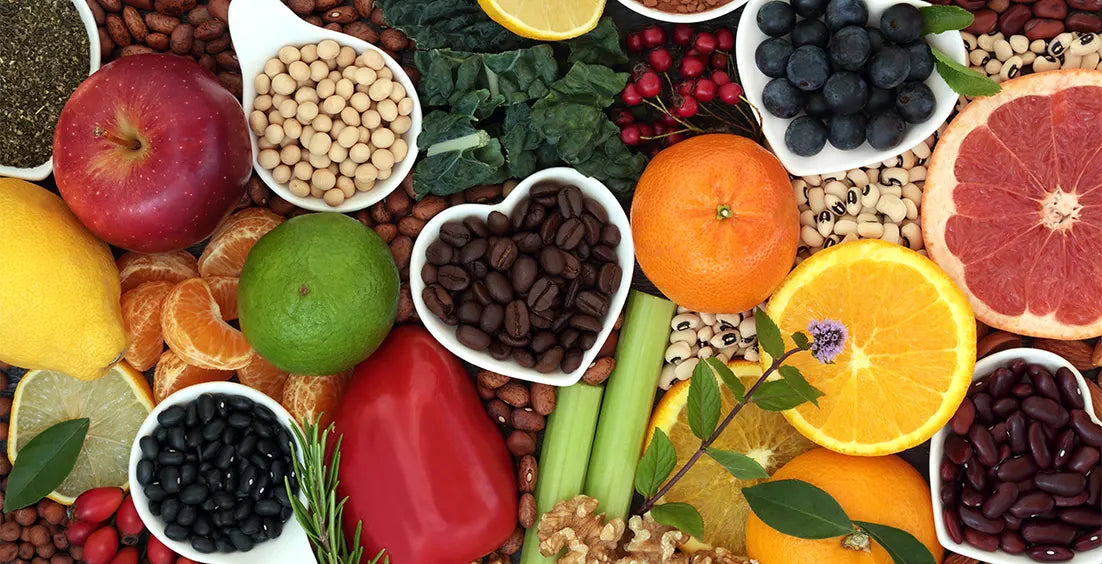
Table of contents
It can be a bit overwhelming trying to keep track of all the vitamins and minerals that health experts say you need to incorporate into your diet.
We understand, which is why we are continuing our series of helpful articles that break down necessary nutrients in digestible (pun definitely intended) ways that are easier to understand.
Folate (also referred to as vitamin B9) is a soluble vitamin that nutritionists, doctors, and health experts say is important to your daily life and wellness.
But what is folate? What does folate do? And what are some examples of foods high in folate? We answer these important questions and more in the following article.
Key Takeaways
- Folate is a water-soluble vitamin that is crucial for developing healthy red blood cells and is pivotal in human development.
- The best way to increase your intake of folate is by eating naturally folate-rich foods or taking high-quality supplements.
- There are some simple ways you can incorporate foods that have a lot of folate into your normal diet.
- Some of the best foods that contain a high concentration of folate include leafy greens, citrus fruits, and eggs.
What is Folate?
Folate is a type of B vitamin that is considered integral to the development of healthy red blood cells. Folate has also been observed to be a very important nutrient in the development of the spinal column and brain.
That is why it is recommended that you get a good daily dosage of folate especially if you are pregnant as folate supplementation has been found to reduce the risk of certain types of birth defects.
Typically, a lot of natural foods contain folate or vitamin B9. However, many people may be omitting folate-rich foods which can cause a vitamin deficiency. According to the Cleveland Clinic staff, folate deficiency can manifest itself in several ways.
Some of the most common signs and symptoms of folate deficiency include fatigue, blisters in the mouth, and even some neurological issues. So it is very important to make sure you are getting enough folate in your diet.
How Much Folate Should You Consume?
As always, you should consult with your healthcare practitioner when you have questions about vitamin dosage. For the most part, how much folate you need will depend on your current diet, present folate intake, health conditions, health status, age, sex, and even body composition.
However, there is a general consensus about how much folate an adult should consume per day. In general, it is recommended that adults intake about 400 micrograms of folate per day.
As we have stated in the previous section, folate is very important for fetal development and to reduce the risk of birth defects. So it is generally recommended that women who are pregnant or who could become pregnant get about 600 micrograms of folate each day.
Most health and medical authorities agree that the best way to get your recommended 400 micrograms of folate each day is simply by eating plenty of foods with folate. So what are these foods? Let’s take a look.
It’s also important to note that there is a difference between folate and folic acid. You may have heard the term “folic acid” and like many people, thought it was the same thing as folate.
While it’s true that folic acid offers many of the same types of health benefits as folate, they are not exactly the same. Folic acid refers to folate that has been synthesized or man-made. Folate in particular refers to folate in its natural form as it is found in certain foods.
Top Foods High in Folate
In the following section, we will overview some of the natural foods with the highest folate concentrations.
- Beets - Beets are a vegetable with a deep red hue. In addition to being an excellent source of nutritional folate (it is estimated that a single serving of beets contains about 148 micrograms of folate), beets are also rich in nitrates which can help increase nitric oxide in the blood and improve overall circulation.
- Eggs - Eggs are a great source of folate because they are easy to get, common in the Western diet, and apart from folate, contain a good amount of protein, vitamin b12, antioxidants like riboflavin, and helpful minerals like selenium. It is estimated that a single large egg can contain up to 22 micrograms of folate.
- Leafy Greens - Upping your intake of leafy greens like spinach, arugula, and kale is another effective way to increase your daily dose of folate. These types of leafy greens are also loaded with other essential vitamins like vitamin K and vitamin A. A diet rich in leafy greens can also improve digestive functions.
- Fruits - Fruits, particularly citrus fruits, are another simple and significant source of folate. Some common citrus fruits that contain a good amount of folate include oranges, lemons, limes, and grapefruits. In addition to being good folate foods, citrus fruits also provide a lot of vitamin C which is essential for supporting a healthy immune system.
- Broccoli - Broccoli is a cruciferous vegetable that you can easily add to your diet. It is estimated that one cup of broccoli contains about 57 micrograms of folate. Surprisingly, when you cook broccoli, the folate concentration is increased. So while raw broccoli is a fine choice, cooking broccoli may provide you with even more folate.
- Papaya - Papaya is another kind of fruit that contains a high concentration of folate per serving. A single cup of papaya can account for about 14% of your daily recommended intake of folate. Papaya is also a fibrous fruit so it may help improve digestion. Like the citrus fruits mentioned above, papaya is also rich in vitamin C so it may provide a boost to your immune system.
- Walnuts - Walnuts are a great snack option if you want to increase your daily intake of folate. An ounce of walnuts contains about 20 micrograms of folate so it is a considerable serving for people who need more folate in their diets. Walnuts are also great because it’s easy to snack on quickly or take with you for an on-the-go snack. Walnuts have also proven to be beneficial for brain health because they contain healthy acids and vitamins that prevent inflammation.
- Fortified Grains - Now we are getting into folic acid foods which, as we have discussed, is not quite the same as folic acid. Fortified grains are processed which means they are enriched with folic acid - the man-made form of folate. Still, fortified grains such as pasta, breads, and cereals are solid options if you know that you need more folic acid in your diet. In fact, the UnityPoint Health staff indicates that enriched grain cereals can contain between 100 and 400 micrograms of folate.
READ MORE - Is Magnesium Glycinate Safe During Pregnancy
Final Thoughts
Now that you know about some of the best foods high in folic acid and folate, it’s time to get creative. Incorporate these foods into fun, new, and exciting dishes that you’ll actually be enthusiastic about eating.
Stock your pantry with these foods and look up some recipes that use them. If you do, we’re sure that you’ll find it’s quite easy and delicious to add folate-rich foods to your regular diet.
About WOWMD Staff
The WOWMD Staff category features a diverse team of writers, each bringing specialized knowledge in areas such as nutrition, fitness, wellness, and more. Articles in this category benefit from insights provided by multiple experts. All content is peer-reviewed and regularly updated to ensure compliance with our editorial standards.
References
- Folate (folic acid): https://www.mayoclinic.org/drugs-supplements-folate/art-20364625
- Folate Deficiency: https://my.clevelandclinic.org/health/diseases/22198-folate-deficiency
- Folate: https://ods.od.nih.gov/factsheets/Folate-Consumer/
- Sweet discovery in leafy greens holds key to gut health: https://www.wehi.edu.au/news/sweet-discovery-leafy-greens-holds-key-gut-health/
- 18 Foods Filled with Folate Every Woman Should Know: https://www.unitypoint.org/news-and-articles/18-foods-filled-with-folate-every-woman-should-know
- Vitamin C and Immune Function: https://pmc.ncbi.nlm.nih.gov/articles/PMC5707683/
Evidence Based Research
This WOWMD content has been reviewed, as well as checked for facts, so as to guarantee the best possible accuracy.
We follow a strict editorial policy, especially related to the sources we use. Our articles are resourced from reputable online pages, with research drawn from academic institutions and peer-reviewed studies. You can click on the numbers in the parentheses (1, 2, etc.) and check out those references.
The feedback form on this page can be used to report content that is not accurate, up-to-date or questionable in any manner.
We do NOT intend for the information presented through our articles to replace the medical relationship with a qualified physician, nor does it represent specialized advice.
 Skin Detoxification Bundle
Skin Detoxification Bundle Complete Weight Loss Bundle
Complete Weight Loss Bundle Heart Care Bundle
Heart Care Bundle Better Immunity Bundle
Better Immunity Bundle  Men's Immunity & Prostate Health Bundle
Men's Immunity & Prostate Health Bundle Stress + Energy + Wellness Combo
Stress + Energy + Wellness Combo  Energy Booster Combo
Energy Booster Combo Natural Skin Care Bundle
Natural Skin Care Bundle Workout Supplements Combo
Workout Supplements Combo Cognitive Health & Vision Combo
Cognitive Health & Vision Combo Joint Health Support Combo
Joint Health Support Combo
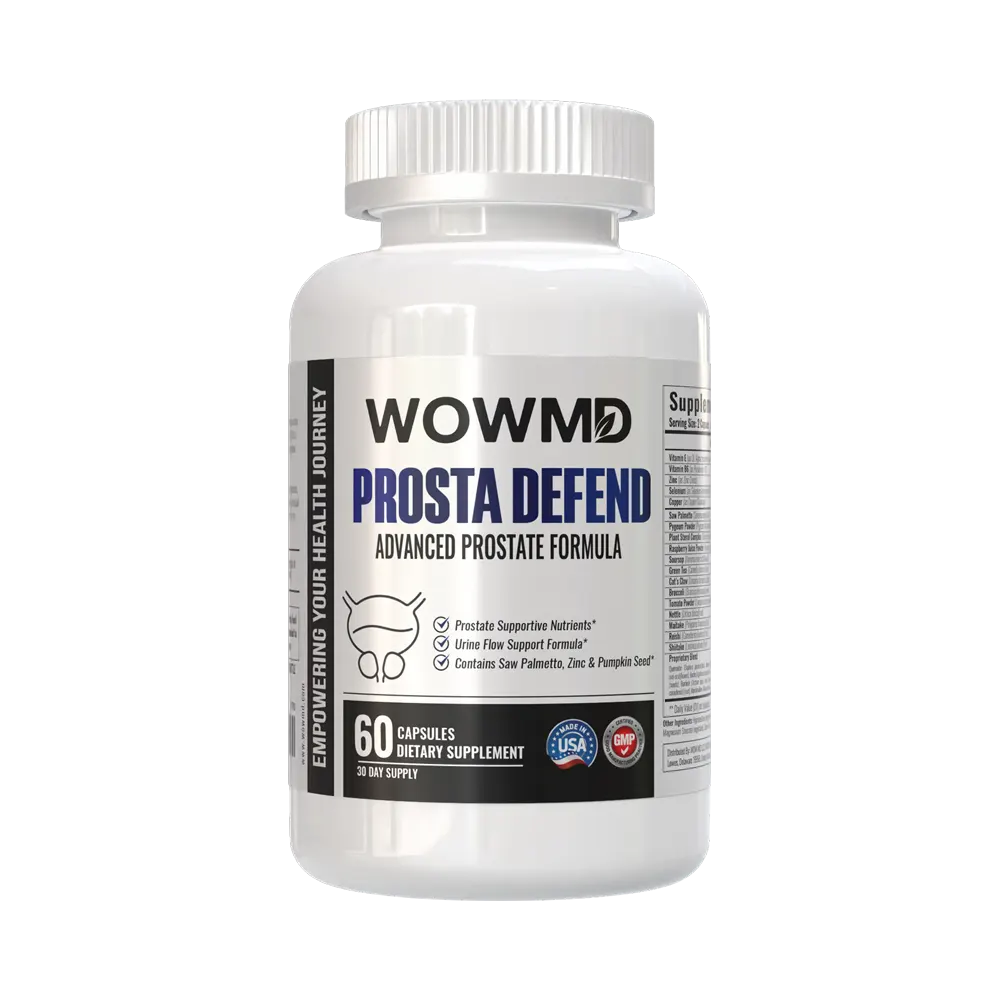
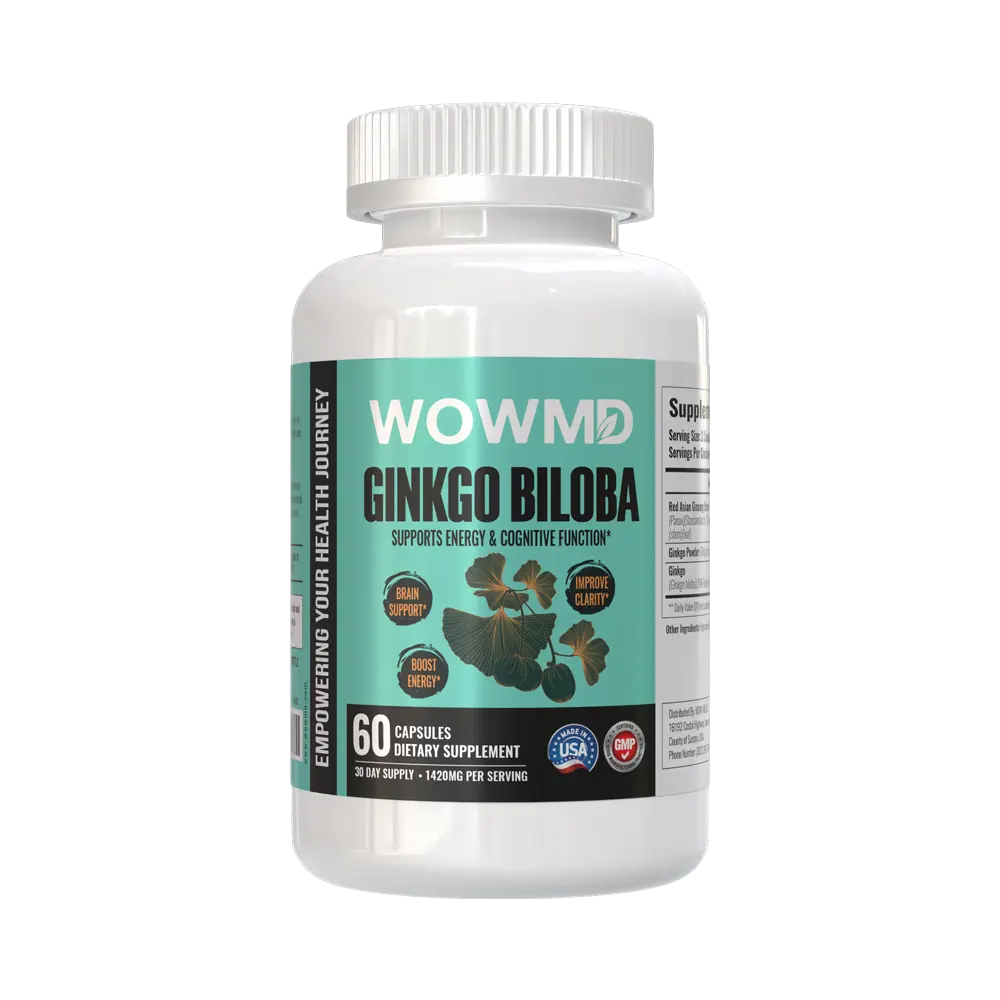



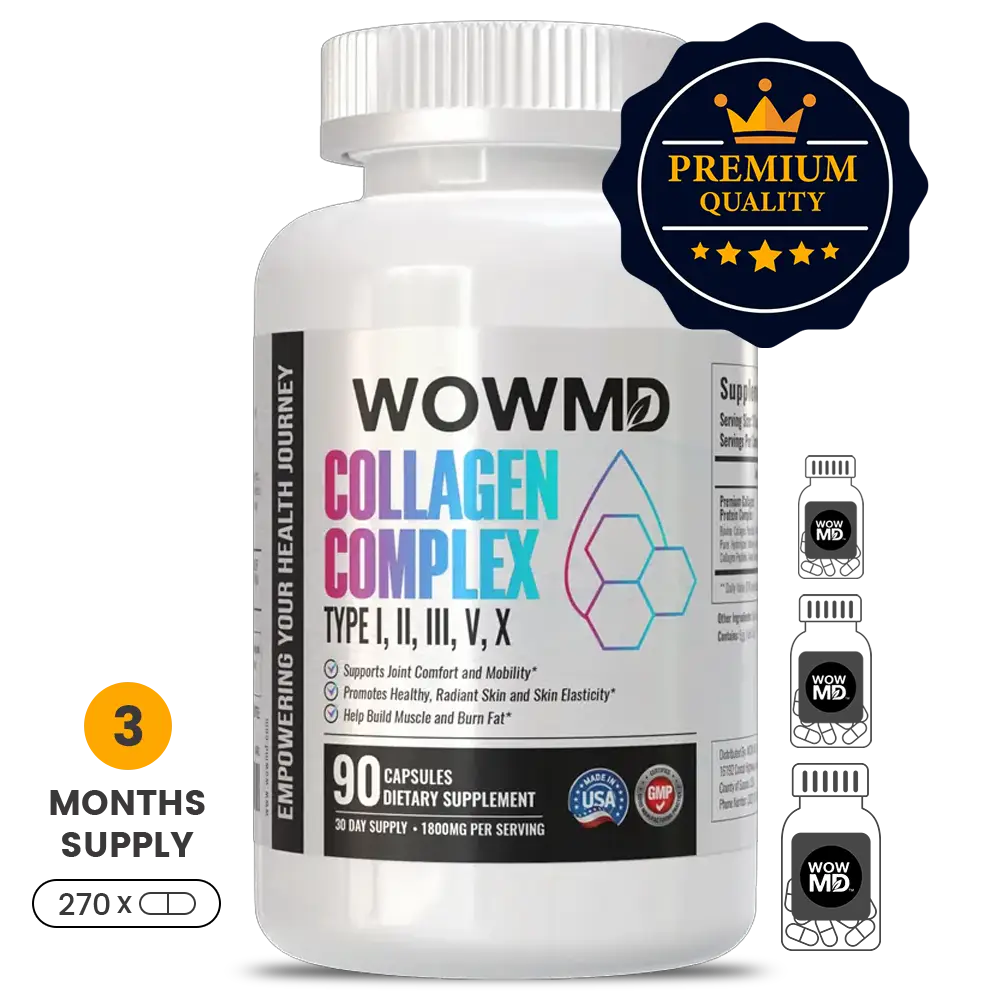

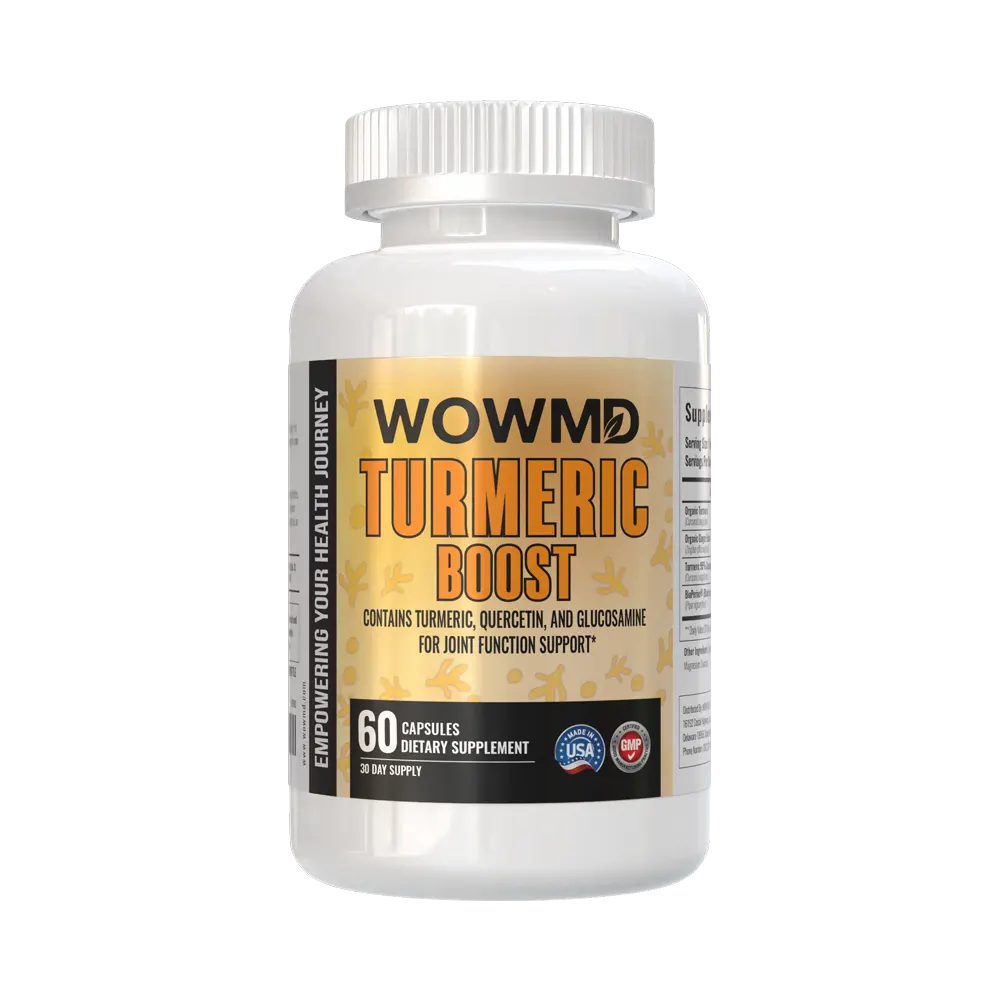









 By WOWMD Staff
By WOWMD Staff